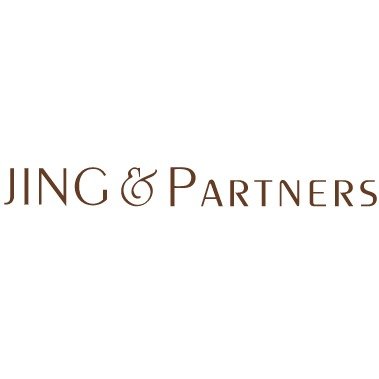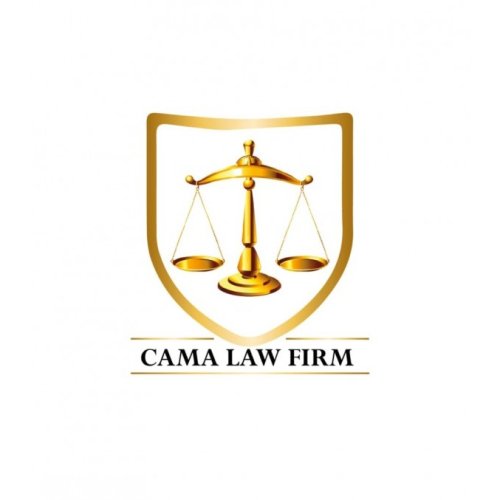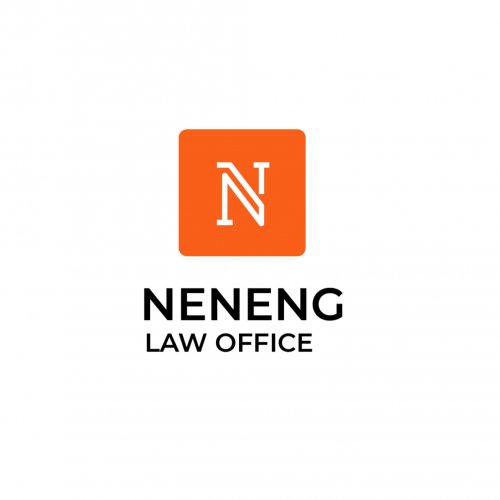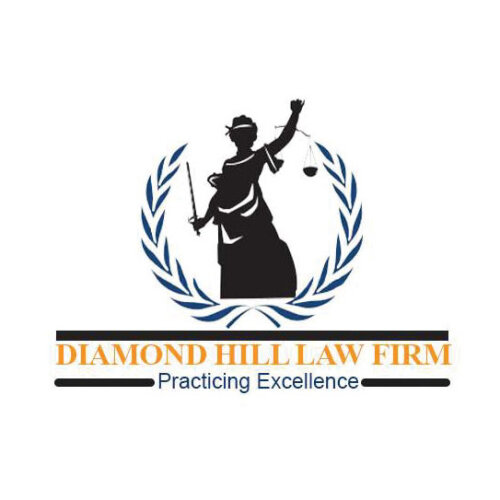Best Sanctions & Export Controls Lawyers in Douala
Share your needs with us, get contacted by law firms.
Free. Takes 2 min.
List of the best lawyers in Douala, Cameroon
About Sanctions & Export Controls Law in Douala, Cameroon
Sanctions and export controls law governs the movement of goods, services, finance, and technology across international borders. In Douala, Cameroon’s economic hub and largest port city, these laws are particularly important due to the city's pivotal role in trade for the Central African region. Sanctions refer to measures imposed by governments or international bodies to restrict trade or financial transactions with specific countries, individuals, or entities, often to achieve foreign policy or security goals. Export controls are regulations that set restrictions on the transfer or release of certain goods, technologies, or information for reasons such as national security, trade protection, or compliance with international agreements. Understanding and complying with these laws in Douala is significant for businesses and individuals engaged in international trade.
Why You May Need a Lawyer
Lawyers specializing in sanctions and export controls play a crucial role in helping clients avoid legal jeopardy. You may need a lawyer in the following situations: when your company is exporting goods, technology, or services from Douala; if you receive inquiries from authorities about your trade practices; if you are unsure about the sanctions status of a business partner or country; if you receive notice of investigation from customs or regulatory agencies; when navigating complex international business contracts; if your goods are held or seized at the border; or when developing internal compliance programs for your business. A lawyer can help you interpret legislation, respond to investigations, and defend against allegations of non-compliance.
Local Laws Overview
In Cameroon, the legal framework governing sanctions and export controls is shaped by national legislation, regional regulations under the Central African Economic and Monetary Community (CEMAC), and international commitments including United Nations Security Council sanctions. Key aspects include:
- The Customs Code of Cameroon outlines the requirements for the export and import of goods and the penalties for violations.
- CEMAC regulations may impose additional trade restrictions and require that export or transit of controlled goods be specifically authorized.
- International sanctions, such as those by the African Union or the United Nations, are implemented by Cameroonian authorities and may prohibit or limit trade with certain countries or individuals.
- Specific goods, like arms, dual-use technologies, and certain raw materials, may require special export licenses or may be prohibited altogether.
- Financial flows are also monitored under anti-money laundering and counter-terrorism financing laws, and transactions in breach of sanctions are subject to penalties.
Failure to comply with these laws can result in severe penalties, including fines, forfeiture of goods, revocation of business licenses, and even criminal prosecution.
Frequently Asked Questions
What are sanctions, and how do they affect businesses in Douala?
Sanctions are restrictions imposed by governments or international bodies to limit trade or transactions with specific targets. In Douala, they can restrict exports or imports to certain countries or entities and can affect any company doing international business.
What types of goods are typically subject to export controls in Cameroon?
Goods that are often controlled include arms and military items, dual-use technology, chemicals, certain medical products, and raw materials that may have strategic purposes.
Do I need a license to export goods from Douala?
In many cases, yes. You may require an export license for specific items that are listed under national or CEMAC-controlled goods regulations or if you are trading with countries subject to sanctions.
How can I determine if my business partner or customer is subject to sanctions?
You should conduct due diligence by checking official government lists, such as UN or Cameroon’s national sanctions lists. Legal counsel can assist in verifying compliance and avoiding prohibited transactions.
What are the penalties for non-compliance with sanctions or export controls?
Penalties include fines, seizure of goods, suspension of business operations, loss of licenses, and, in severe cases, criminal charges that may include imprisonment.
Are international sanctions automatically enforced in Cameroon?
Not automatically. International sanctions are formally adopted into Cameroonian law and enforced by relevant local authorities.
What should I do if my goods are confiscated by customs authorities?
Contact a lawyer immediately. Legal advice is essential to challenge the seizure or negotiate with authorities, and to ensure your response is timely and compliant.
Can financial transactions be affected by sanctions?
Yes. Financial flows related to sanctioned countries, individuals, or activities can be blocked or frozen. Banks have an obligation to monitor and report suspicious or prohibited transactions.
How can a lawyer help me comply with export control regulations?
A lawyer can help by assessing your business operations, training staff, developing internal compliance programs, preparing license applications, and representing you in the event of investigations or disputes.
Are sanctions and export control laws subject to frequent change?
Yes. The lists of sanctioned countries, goods, and persons, as well as relevant regulations, can change in response to international developments. Constant monitoring and legal advice are recommended.
Additional Resources
Several organizations and government agencies can assist you with information and compliance related to sanctions and export controls in Douala, Cameroon:
- Cameroon Customs (Direction Générale des Douanes)
- Ministry of Finance and Ministry of Trade
- CEMAC Commission for regional trade regulation
- Cameroon Chamber of Commerce, Industry, Mines and Crafts (CCIMA) for business guidance
- Local Bar Association for legal professionals specializing in international trade law
- Relevant foreign embassies or trade missions for country-specific sanctions information
Next Steps
If you need legal assistance in sanctions and export controls, begin by gathering all relevant documents relating to your business operations, transactions, and correspondence with customs. Contact a lawyer experienced in international trade and sanctions law in Douala. Prepare a list of your concerns and specific questions. It is also advisable to arrange for ongoing legal compliance support to ensure your business stays up to date with changes in the law. Seeking professional advice early can help you mitigate risks and avoid costly penalties.
Lawzana helps you find the best lawyers and law firms in Douala through a curated and pre-screened list of qualified legal professionals. Our platform offers rankings and detailed profiles of attorneys and law firms, allowing you to compare based on practice areas, including Sanctions & Export Controls, experience, and client feedback.
Each profile includes a description of the firm's areas of practice, client reviews, team members and partners, year of establishment, spoken languages, office locations, contact information, social media presence, and any published articles or resources. Most firms on our platform speak English and are experienced in both local and international legal matters.
Get a quote from top-rated law firms in Douala, Cameroon — quickly, securely, and without unnecessary hassle.
Disclaimer:
The information provided on this page is for general informational purposes only and does not constitute legal advice. While we strive to ensure the accuracy and relevance of the content, legal information may change over time, and interpretations of the law can vary. You should always consult with a qualified legal professional for advice specific to your situation.
We disclaim all liability for actions taken or not taken based on the content of this page. If you believe any information is incorrect or outdated, please contact us, and we will review and update it where appropriate.
















